In our Odette relief and rehabilitation operation, we have now reached the area of Palawan, which was also badly hit by the typhoon. Almost 6 months after the disaster still thousands of people are displaced, lack nutrition because their livelihoods are destroyed.
Our Mabelle Bagtas visited Palawan South as well as Northern area and islands and discussed the situation, with local LGU’s and affected folks alike.
LGU’s confirmed access to livelihood is one of the main concerns yet the distribution of relief goods ended 25th March due to the election ban, and thus they were not able to address the issue of food security.
The two main sources of livelihood (fishing and farming) were affected causing people with no options but to rely on government’s support for food and livelihood.
While there are support and ongoing assessment from the Department of Agriculture (DA) Bureau of Fisheries and Aquatic Resources (BFAR), and Philippines Crop Insurance Corporation (PCIC), people are still finding other means to support their needs. DA has offered a zero-interest loan program but most of the fisherfolks and farmers did not avail because they are afraid not to be able to pay back.
Food supply remains a concern for most of the victims due to the lack of access to various sources of income especially for those in the hardly hit island barangays. Most of the families who had gone home rely on assistance from the government and humanitarian agencies, while those who are currently staying with their relatives rely on the food supply of their host families who are also affected by the typhoon. While host families are still able to fill in the gaps in providing support to the displaced families, prolonged hosting may strain their own food supply may result to tension and conflict, as well as possible violent domestic situations.
Lack of nutritious food also pose potential decline on the nutritional condition of affected population especially among children. The food assistance provided by the local government units are becoming limited and mostly consisting of canned goods.
The most pressing needs in the affected areas are durable shelter and the restoration of livelihoods. Together with NAK-karitativ in Germany we drafted a plan and target 38 houses to be repaired and rehabilitation of 25 bancas to restore the capacity to bring in much needed fish at 11 locations (2 in South- and 9 in the North incl. Islands)
Thank you to NAK-karitativ and all who support our endeavours.
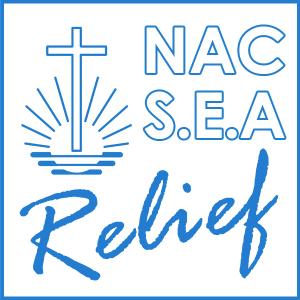
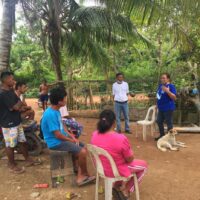
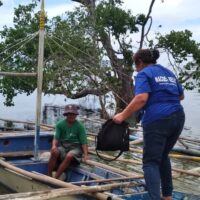
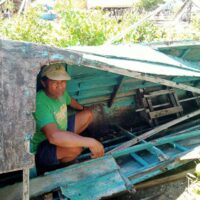
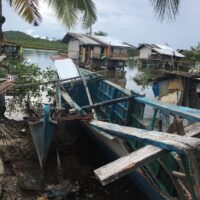
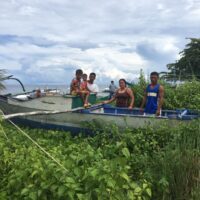
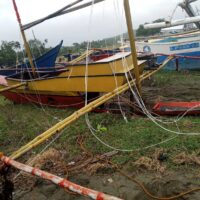
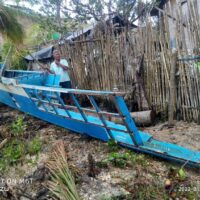
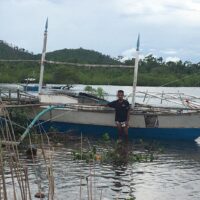
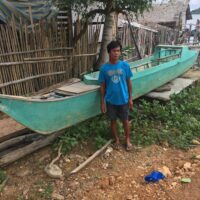
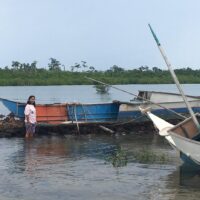
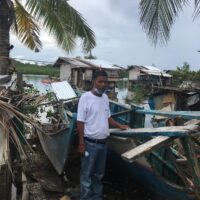

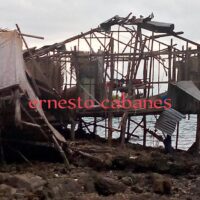
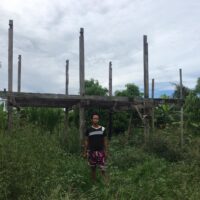
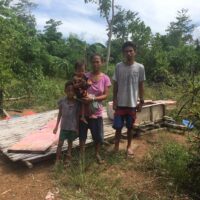
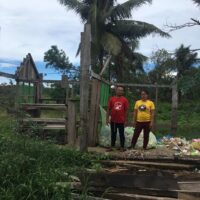
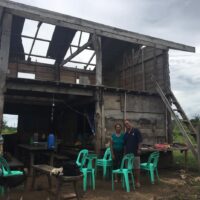
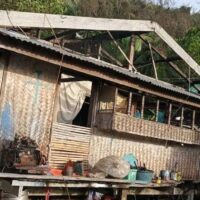
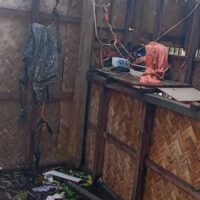
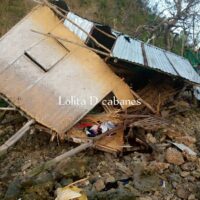
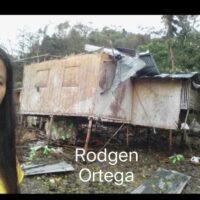
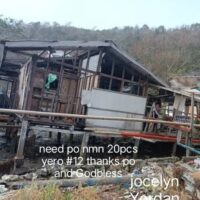
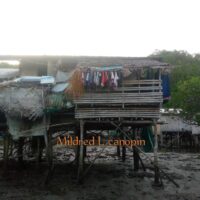
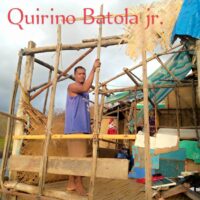
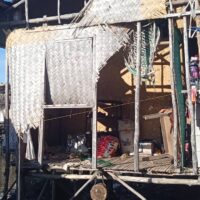
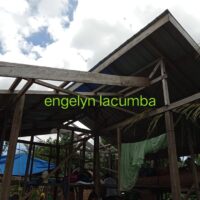
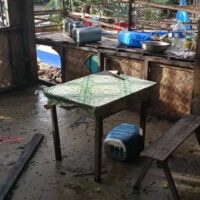
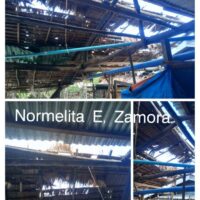
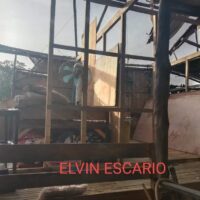
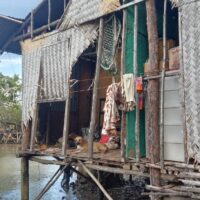
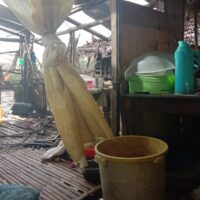
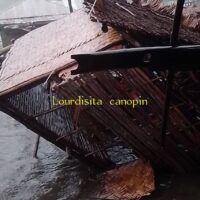
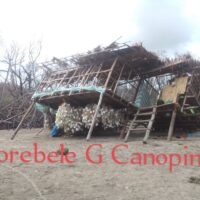
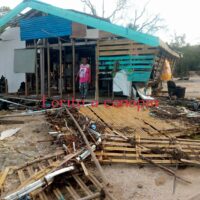
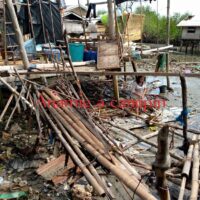
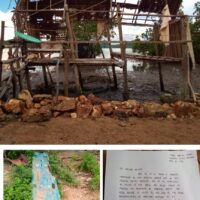
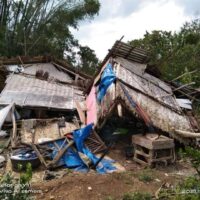

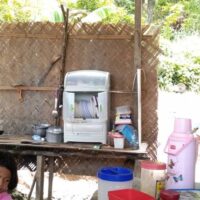
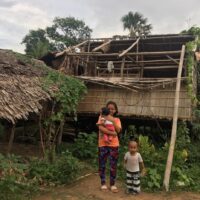
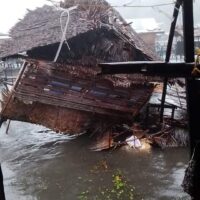
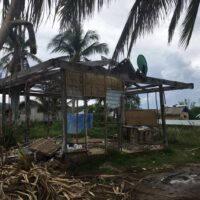
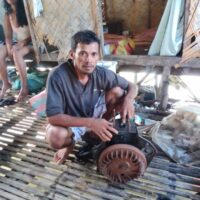
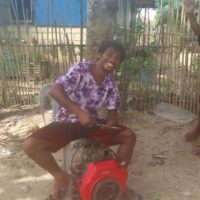
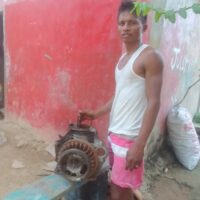



Previous post
NACSEARelief ramped up its relief efforts to rebuild homes in the Visayas
Next post
Musical evening for the benefit of NACSEARelief